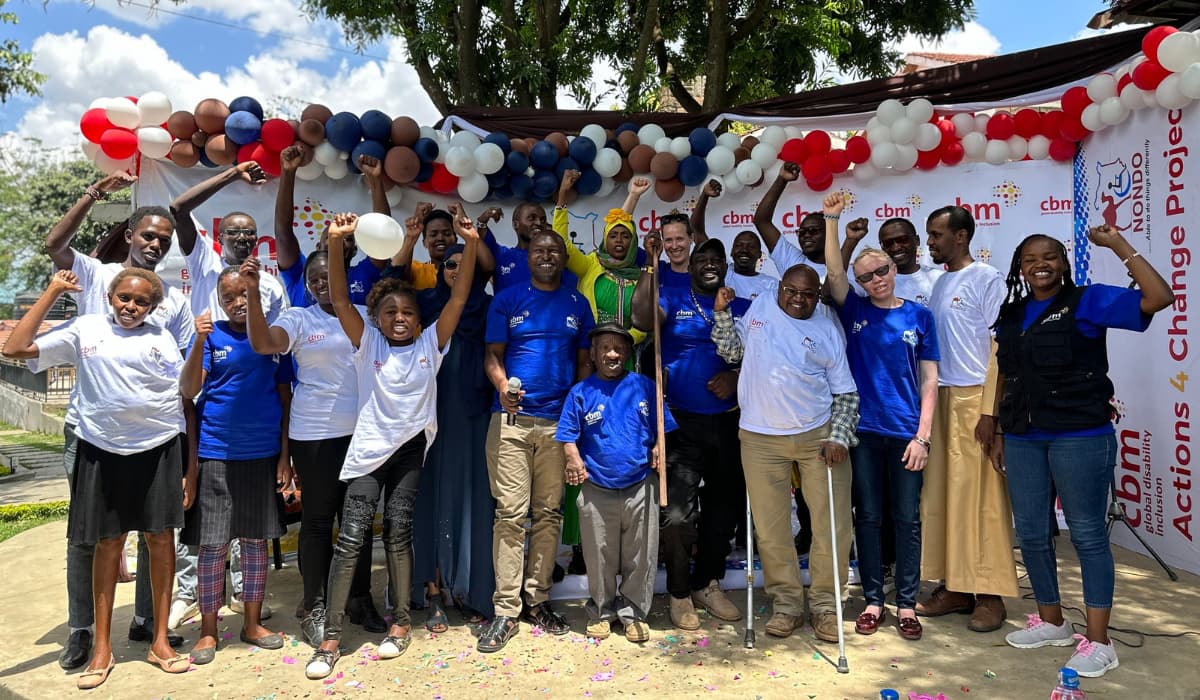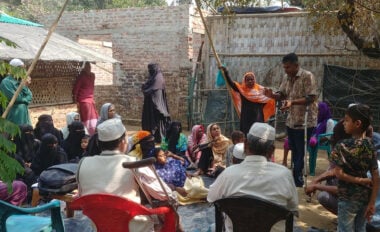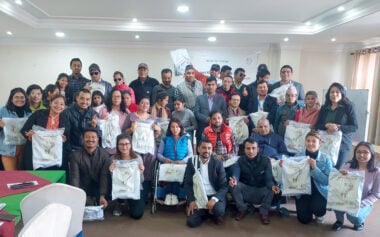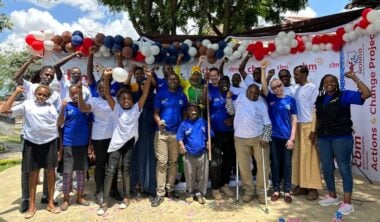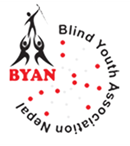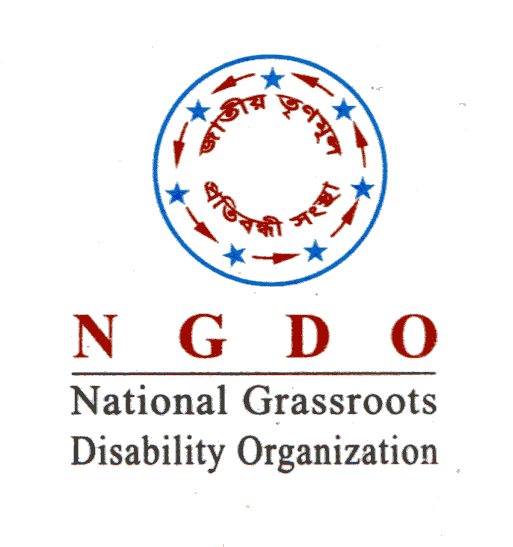Actions for Change is an exciting partner-led programme, working in three countries with three new partners. The three-year programme started in 2023, testing new ways of shifting resources and decision-making power to our partners.
What is different about Actions for Change?
Partners setting priorities
Our Actions for Change partners are taking the lead in identifying needs in the communities around them, setting their own priorities and designing projects to address them, without any restrictions from donors.
Funding core costs
Our partners tell us that tight project funding often means they can’t pay staff fairly and maintain their core functions. Through Actions for Change we are committed to funding core and staff costs without restrictions.
Working with new partners
Through Actions for Change we are working with less-established organisations to strengthen their knowledge base and internal systems to manage grants and independently apply for funding.
Gathering evidence in new ways
We are testing new participatory approaches to monitoring and evaluation in our Actions for Change projects, such as photo-journals, avoiding lengthy written reports that partners say they can struggle with.
Joint decision making
Our Actions for Change partners are fully involved in deciding on the direction of the programme and all key decisions are discussed and agreed together.
Our Actions for Change projects
Participatory Storytelling
As part of our Actions for Change Programme, people with disabilities are using participatory storytelling in their advocacy and to champion inclusion for all.
Watch this video to see more about how we’re supporting people with disabilities to tell the stories that matter to them and their communities:
